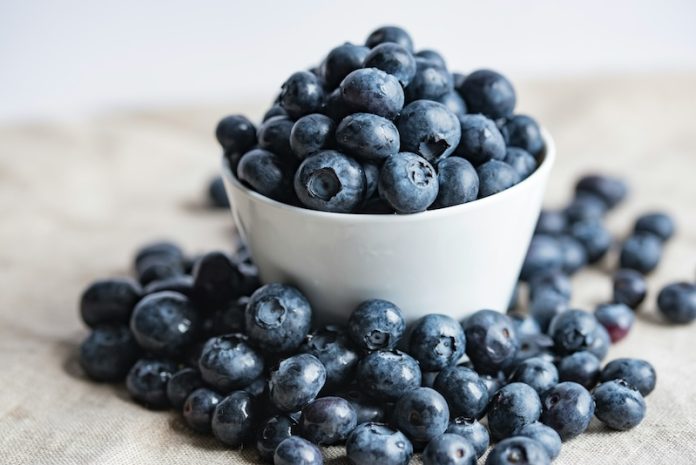
Acai berries have taken the health food world by storm, and for good reason.
These small, deep purple berries hail from the Amazon rainforest and have been a staple in the diet of indigenous tribes for centuries.
Packed with nutrients and antioxidants, acai berries are now celebrated far beyond their native land for their health benefits.
From smoothie bowls to supplements, acai berries are not just a trend; they are a nutrient-rich food that supports overall health.
Let’s explore what makes these berries so special and the science behind their health claims, all in language that’s easy to understand.
Acai berries are most renowned for their high antioxidant content. Antioxidants are substances that can prevent or slow damage to cells caused by free radicals, which are unstable molecules that the body produces as a reaction to environmental and other pressures.
The antioxidants in acai berries, including anthocyanins (which give them their deep purple color), vitamin C, and ellagic acid, help fight off these harmful molecules, potentially reducing the risk of diseases linked to oxidative stress such as heart disease and cancer.
Research suggests that the antioxidants in acai berries may contribute to heart health in several ways. They can improve cholesterol levels by decreasing total and LDL (bad) cholesterol.
They are also thought to have a beneficial effect on blood vessels, helping them relax and maintain a healthy blood pressure.
Although more human studies are needed to confirm these effects, the initial evidence is promising.
For those looking to support weight loss and healthy digestion, acai berries might be a valuable addition to the diet.
They contain dietary fiber, which is essential for a healthy digestive system, helping to prevent constipation and maintain a regular bowel movement.
Fiber is also known for its ability to make you feel full, which can help control appetite and support weight loss efforts.
Additionally, some studies suggest that acai berry extract can help reduce the negative effects of a high-fat diet in laboratory animals, including weight gain and blood sugar levels, though more research is needed in humans.
Another area where acai berries shine is skin health. Their high antioxidant content may help slow down the aging process of the skin by repairing the oxidative damage from the sun and pollution. Some skincare products now include acai oil because of its antioxidants.
Despite their health benefits, it’s important to approach acai products with caution. Many commercial acai berry products — especially juices and smoothies — are loaded with added sugars or other ingredients that may diminish the health benefits.
Reading labels carefully and choosing products with no added sugars or those that are closest to the berry’s natural form can help you get the most benefits from these nutritional powerhouses.
In conclusion, acai berries are more than just a pretty face in the world of superfoods. Their impressive nutritional profile, including antioxidants, fiber, and heart-healthy fats, make them a worthy addition to a balanced diet.
While they’re not a magic bullet for health and should be consumed as part of a varied and balanced diet, incorporating acai berries can contribute to overall wellness.
Whether you enjoy them in a smoothie, a bowl, or as a supplement, these purple berries can be a delicious way to boost your nutrient intake. As always, remember that whole foods in their natural form are usually the best choice for maximizing health benefits.
Follow us on Twitter for more articles about this topic.
Copyright © 2024 Scientific Diet. All rights reserved.





